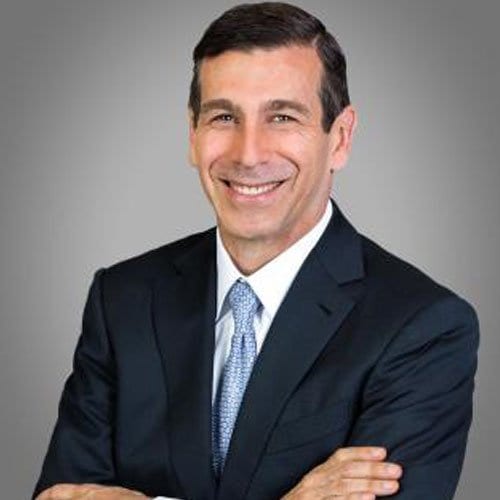Sobriety checkpoints are conducted nation-wide to crack down on drunk driving (DUI) car accidents, but how effective are they?
Sobriety checkpoints involve officers who block off a public street or highway, stopping cars to check whether the car’s driver is sober. These automobile checkpoints usually occur late at night or very early morning, when people are about to head home.
The sobriety checkpoints’ constitutionality has been contested under both State and Federal Supreme Courts because of the Fourth Amendment, which states that we have a right against unreasonable searches and seizures without a warrant or probable cause. However, the United States Supreme Court decided that sobriety checkpoints are constitutionally legal.
Our firm’s San Diego car accident attorneys believe that saturation patrols are a much more effective and cost-effective way to catch DUI drivers and thereby prevent the loss of life due to a DUI car accident. Therefore, we could catch even more drunk drivers if the money spent on sobriety checkpoints were spent on police patrols. This could then decrease the number of alcohol-related auto accidents and reduce the number of injuries and deaths that occur because of car accidents.
Preventing car accidents caused by drunk driving should be everyone’s responsibility. Our car accident lawyers want to do what they can to help. That’s why we have a DUI prevention resource page that gives information about how bad these car accidents can be or getting you or someone you know help if they may be dealing with a drinking problem.
After the ruling, individual states have decided that sobriety checkpoints must have heavy regulations on them to further protect the rights of car drivers, even if the driver is drunk. As car accident attorneys, we believe this is ridiculous to place the privacy rights of drunk/DUI drivers ahead of sober car drivers.
In California, a rule was developed so that sobriety checkpoints must be announced ahead of time so that automobile drivers are made aware of the checkpoint beforehand. For example, Huntington Beach announced a DUI checkpoint through a press release.
In 1992, the California Master Plan to Reduce Alcohol and Drug Abuse was published, which listed statistics for DUI sobriety checkpoints. According to the Plan, in 1990, out of 84 roadblocks that the California Highway Patrol (CHP) set up as checkpoints, only 599 arrests were made for drunk driving/DUI. If you do the math, an average of 7 arrests were made per roadblock. The total cost of the roadblocks amounted to $250,000. In Kansas City, Missouri, police stopped 25,510 automobiles at a roadblock throughout 2007. Only 1.6% of those car drivers were arrested for being drunk. That amounts to 408 drivers.
Saturation patrols are when officers patrol the city streets searching for swerving automobiles that may be driven by drunk/DUI automobile drivers. These can be even more effective than sobriety checkpoints to prevent drunk driving/DUI car accidents. For example, in Kansas City, out of the 2,765 cars stopped during a whole year’s worth of patrols, officers were four times more likely than checkpoint officers to catch a DUI automobile driver.
Unfortunately, until something is done to change the current way of catching DUIs, we will continue to let too many drunk drivers slip by, endangering other car drivers and passengers on the road. Our firm’s San Diego car accident lawyers strongly urge the CHP and other law enforcement officers to find more effective ways to stop DUIs from happening so that we can prevent alcohol-related auto accidents.
Call us now at 1-858-551-2090 or click here for a free consultation with an experienced car accident lawyer after you get into a car accident and find out how we can help you. We speak English and Spanish, and we look forward to providing advice for your case. No fee if no recovery.

SENIOR PERSONAL INJURY ATTORNEY & FIRM FOUNDER
Michael Pines is a former insurance company attorney who graduated from the University of California Hastings College of the Law in 1987. While he was an insurance attorney, he learned from behind the scenes how insurance companies work and how they decide how much to pay injured people. Now that he works against insurance companies, Michael’s inside knowledge has resulted in significant benefits to his clients injured in car accidents. Learn more about Michael Pines